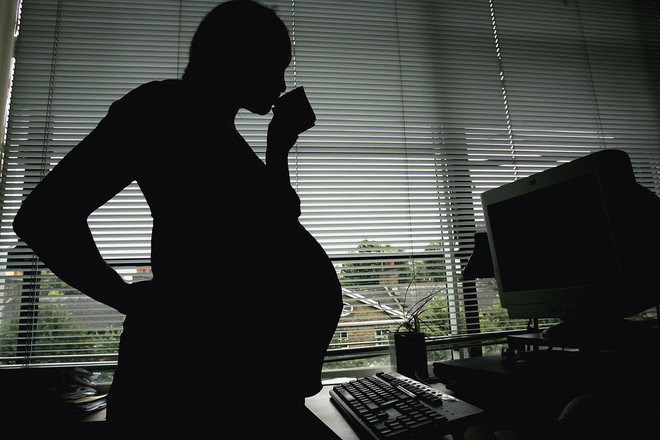Rapid fatigue in pregnancy: causes
 Increased fatigue in pregnancy -common phenomenon Photo: Getty When a pregnant woman experiences drowsiness or dizziness, but the blood pressure and temperature are within normal limits, there is no cause for concern. From the moment of conceiving a child in the body of a future mother, a number of changes occur:
Increased fatigue in pregnancy -common phenomenon Photo: Getty When a pregnant woman experiences drowsiness or dizziness, but the blood pressure and temperature are within normal limits, there is no cause for concern. From the moment of conceiving a child in the body of a future mother, a number of changes occur:
- emotional instability increases;
- the cardiovascular system starts to work in a mode of the raised loading;
- the hormonal background is rapidly changing.
All these processes require additionalenergy costs. Plus, all women, being in position, continue to work in the same rhythm as before pregnancy. Hence the periodic sensation of anxiety and physical weakness. The body thus signals that the expectant mother needs a full rest.
Fatigue During Pregnancy: How to Deal with It?
Reduce workload and adjust your daily scheduleorder is the only way out of the situation. The expectant mother must understand that for the next 9 months, some work, social and family responsibilities will have to be delegated or abandoned altogether. Try to take the following measures to eliminate chronic fatigue:
- sleep every night at least 8-9 hours;
- one hour before sleep, turn off the TV, computer and take the smartphone away - read the book, the magazine or communicate with relatives;
- every day walk for at least 20-30 minutes, and before going to bed, air a bedroom;
- during the day do not forget to eat in a balanced way, preferably at certain hours;
- Do not go to bed hungry: snack with a turkey sandwich, a glass of yogurt or any other light food;
- find a comfortable pose for sleep;
- several times a week, let the muscles have a light physical load.
If even after the normalization of the daily routinefatigue does not go away, see a doctor. In some cases, a sharp decrease in hemoglobin is observed in pregnant women, to increase which it is necessary to switch to a special diet and drink a course of vitamins.









